
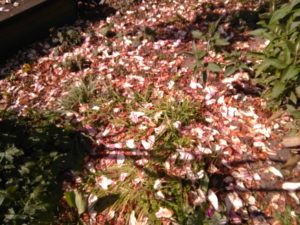
There’s an area of ancient woodland at the bottom of the back-to-back suburban gardens in our corner of Canterbury. It stretches along the side of a valley that’s part of the bowl in which the city sits, and is home to foxes, hedgehogs, squirrels as well as woodpeckers and many other birds. It’s a temporary stopping place for rooks every dusk – where they come from and where they go is a mystery.
For various reasons, I haven’t been down there for around a year, just as I haven’t blogged since last January. It’s turned into a thicket. I like thickets and the possibility of nightingales nesting, but so close to home, it’s too dense and I’m nostalgic for wild garlic, bluebells, and light. I’ve just spent an hour clearing brambles and ivy, pulling at runners, some many metres long. Now the trees and flowers can breath and under all that growth, there were celandines and the white stars of wood anemones. There’s a creepy corner where only stinging nettles are growing, tall and vigorous, and I found a shell – not the seaside sort. I pulled up laurel invading from a neighbour’s garden, and left some tiny oak trees, the regular gift of the squirrels.
Today’s the birthday of both Robert Frost and my husband Eduard, currently in the Netherlands but, dv, home next week. The woods are an image Frost returns to over and over again, just as I, before all this, would walk the same paths in the Blean, greeting the dear familiar trees. Here’s a link to a podcast I was privileged to record with the Poetry Exchange. For so many now people now, in spite of this radiant spring, it really is the darkest evening of the year, and there are miles to go.
There have been many consciousness-changing books recently about trees, including The Overstory by novelist Richard Powers, and forester Peter Wohlleben’s account of the pro-social Hidden Life of Trees. Trees are the lungs of the world and we, collectively, are struggling to breathe.
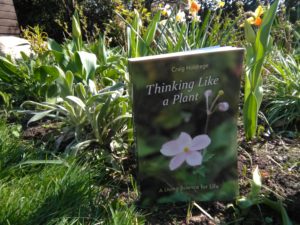
One of the pleasures of the Hague is the Haagse Boekerij with its irresistible collection of anthroposophic books in English. Two years ago, I bought there Thinking Like a Plant by Craig Holdrege. Here are a couple of sentences from the introduction:
‘How might the world look if we as human beings were able to think the way a plant grows? Imagine gaining such flexibility of thought that our ideas were no longer rigid, static and object-like, but grew, transformed, and when necessary, died away.’
Imagine!
8 Comments
Leave A Comment
You must be logged in to post a comment.



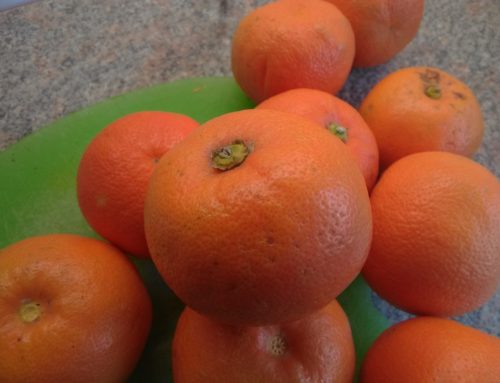
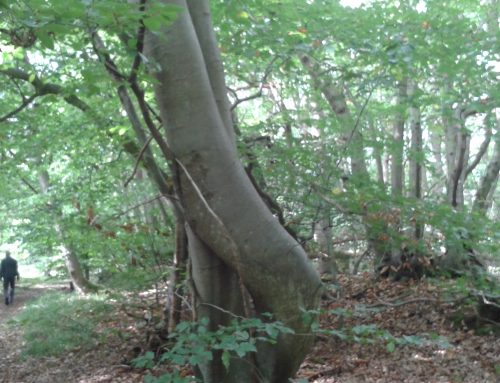
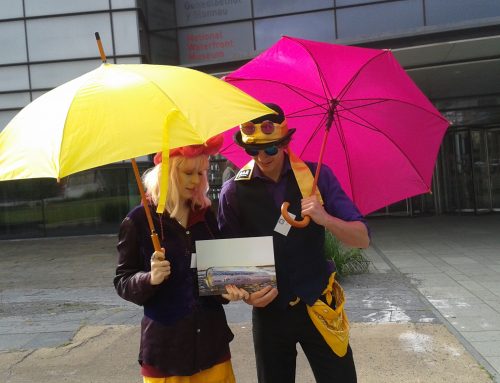
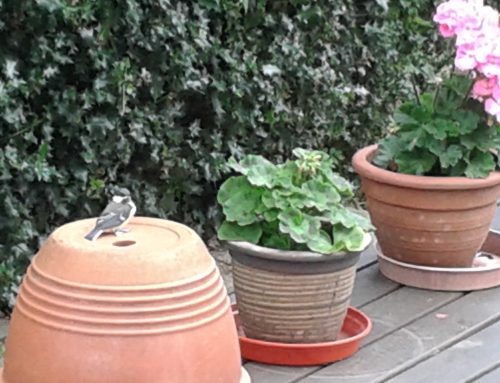
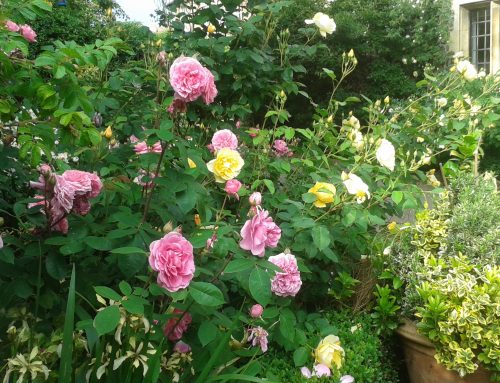


Hi Vicky,
I’ve ordered the book on the strength of that quote.
My professional inbox has been inundated with well meaning tips, guidance, advice on how to stay psychologically healthy this week but nothing I read had the same soothing impact on me as your words. I found myself in the woods of my childhood which were often safer for me than being at home and remembering hunkering down in the cool, dank undergrowth with my I-SPY books .
Allowing ideas, to grow ,transform and if necessary die away sounds utterly thrilling.
Thank you for writing this and for all the wisdom contained within.
Thanks for your response Patricia – hope you enjoy the book!
Dear Victoria – thank you for your thoughts. I feel inspired…Elizabeth
Thank you Elizabeth
Well that’s an interesting newsletter Vicky. Our Magnolia in the garden is in wonderful full blossom, I was reminded of a tree poem that Gaia from Italy who was on Skype that day in Canterbury once shared, and the last book I took from the library before it closed was Overstory…
Thanks Peter. The Overstory is an extraordinary book imo. I’ll check out Gaia’s poem too!
Lovely remarks and links – thank you.
Thank you dear KP xx